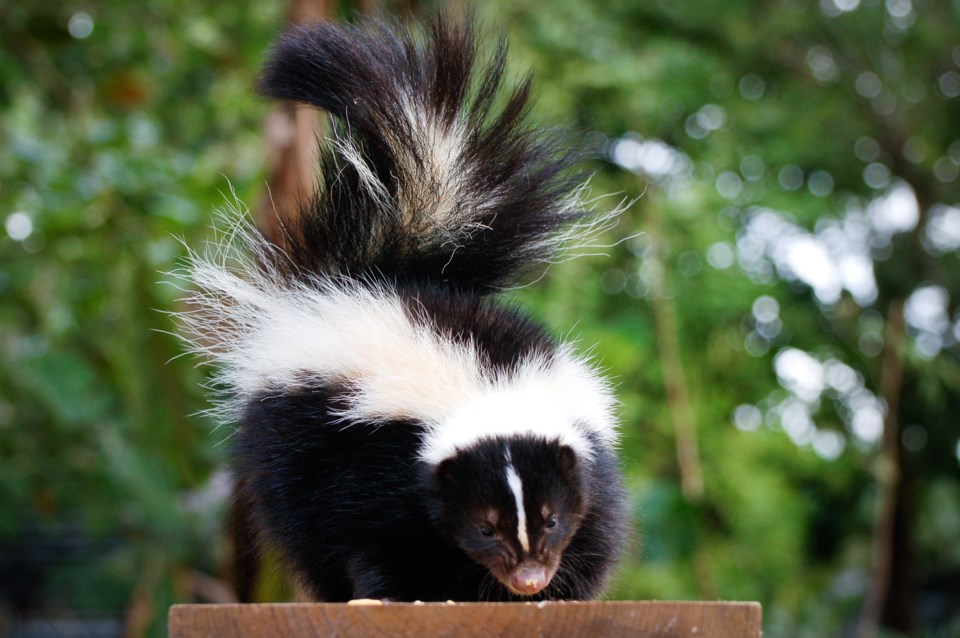On Sept. 26, 2023, the city of Grapevine confirmed a skunk tested positive for rabies — only one month prior, a fox was found with the same illness near the same area.
Grapevine Animal Services described both animals as “ill-appearing,” and were taken for testing — both came back positive. The skunk was found near Dove Road and Tumbleweed Trail, and the fox was near Westgate Plaza and Churchill Loop.
Wild animals, particularly those with a higher risk of carrying the rabies virus, like skunks or bats, serve as a common source of the disease. To stay safe, it's crucial to have your dog, cat or other pets vaccinated against rabies by a qualified veterinarian. Make sure to keep your pets' vaccinations up to date. Prevent your domestic animals from coming into contact with wildlife, and refrain from feeding or interacting with wild animals. The department also recommends educating children on how to safely interact with both domestic and wild animals.
Signs of a rabid animal in pets or wildlife can include a change in behavior, such as a wild animal appearing "friendly" or a pet animal becoming aggressive all of a sudden. Other signs like difficulty walking, eating or drinking may be apparent, however, a case can not be confirmed with testing.
Should you believe yourself, a loved one or a pet was exposed to the animals at or near the above-mentioned locations, you are urged to contact Grapevine Animal Services immediately. In addition to contacting animal services, if you believe your pet may have been exposed, seek immediate care from a veterinarian.
A vaccine clinic will be held on Oct. 28 from 10 a.m. to 12 p.m. at Grapevine Animal Services, located at 500 Shady Brook Drive. This is a first-come, first-served event and the rabies vaccine, along with other dog and cat vaccinations, will be available.
Texas law requires that dogs and cats be vaccinated against rabies by 4 months of age. The vaccination must be administered by a licensed veterinarian. To deem an animal as protected against rabies during potential exposure scenarios, a minimum of 30 days must have passed since the initial vaccination, and the time elapsed since the last vaccination must not surpass the manufacturer's recommended interval for booster shots. It's worth noting that local authorities may mandate more frequent rabies vaccination schedules.
If you see an ill or injured wild animal, immediately call your local animal services.




